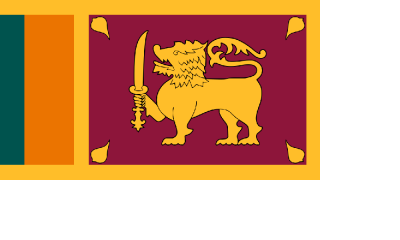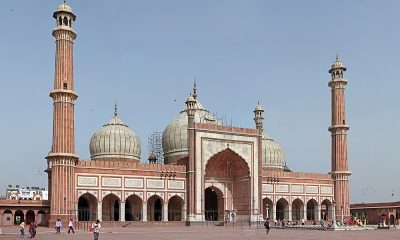Legal & Regulatory
Advertising and promoting casinos: Grey area which may attract criminal liability
Exclusive: Every company having gaming operations would want to promote its activities through advertisements and news. However, in the states where no form of gambling is permitted, obviously any form of inducement to the general public to join the illegal common gaming house would amount to aiding or assisting a common gaming house (which is an offense in almost all states where gambling is illegal) and the accused would be liable to be imprisoned.
One would have noticed various advertisements and news items about Goa casinos appearing in leading newspapers. It is unclear is whether such advertisements of legal casinos of Goa and Sikkim would be illegal under various state gaming acts. These advertisements about casinos or news stories about the success of the gaming industry would certainly amount to aiding or assisting operations of a common gaming house. Even though gambling in the common gaming house (licensed casinos) in Goa is legal, such advertisements or news reports certainly encourage ordinary citizens to gamble, which is clearly against the objects and purpose of the gaming statutes of various states.
Secondly guidelines by the Union Ministry of Information and Broadcasting and other voluntary organisations such as the Advertising Standards Council of India (ASCI) would also prevent publishing of something which induces gambling, which is clearly seen as an immoral and indecent activity.
Additionally as reported earlier, there is a comprehensive ban on publishing anything relating to or encouraging gambling on the internet after the passage of the IT (Due Diligence by Intermediaries Guidelines) Rules in 2011.
However, in the absence of any precedent or a clear clause preventing publishing of information relating to licenses gambling, one cannot be certain about the illegality of such an activity in all states barring Maharashtra, West Bengal and Karnataka where printing or publishing any news or information which facilitates gaming is prohibited.
For example, Section 12-A of the Bombay Prevention of Gambling Act 1887 (applicable to Maharashtra) says, A police officer may apprehend without warrant any person who prints, publishes, sells, distributes or in any manner circulates any newspaper, news-sheet or other document or any news or information with the intention of aiding or facilitating gaming…
Gaming statutes of West Bengal and Karnataka have used similar language in preventing publishing or printing of information relating to gambling. From the above section, it is apparent that extremely broad terms have been used criminalising publishing of any news or information relating to gaming and not just information relating to a common gaming house within the state. This means that states do not want their residents to be induced into gaming activities even in licensed casinos in India or other parts of the world.
Thus gaming companies would have to be careful in not promoting their casinos in India, but would rely on the world-of-mouth publicity and hope that tourists visiting Goa and Sikkim would be attracted to casinos only due to the popularity of these tourist destinations.


















